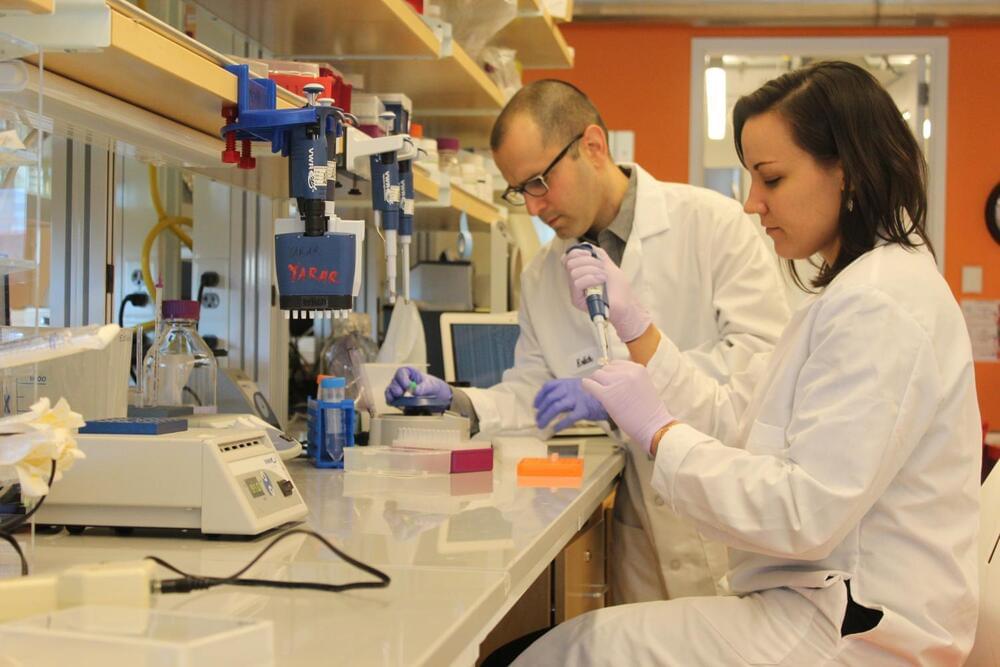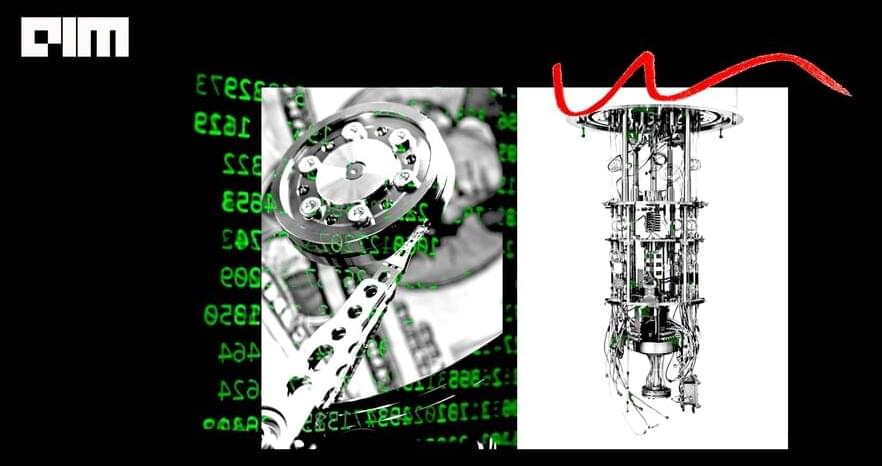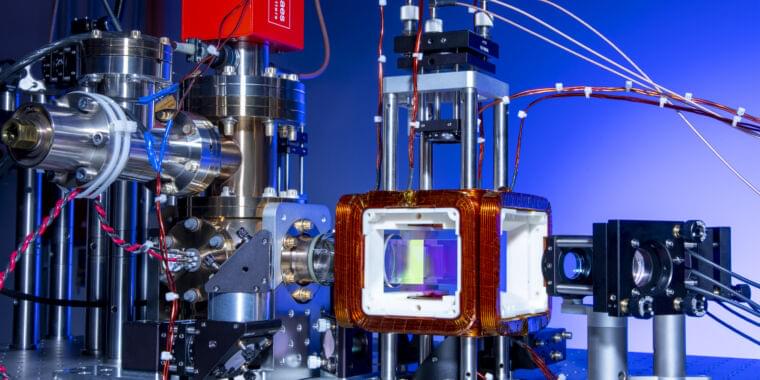Humanity may soon generate more data than hard drives or magnetic tape can handle, a problem that has scientists turning to nature’s age-old solution for information-storage—DNA.
In a new study in Science, a pair of researchers at Columbia University and the New York Genome Center (NYGC) show that an algorithm designed for streaming video on a cellphone can unlock DNA’s nearly full storage potential by squeezing more information into its four base nucleotides. They demonstrate that this technology is also extremely reliable.
DNA is an ideal storage medium because it’s ultra-compact and can last hundreds of thousands of years if kept in a cool, dry place, as demonstrated by the recent recovery of DNA from the bones of a 430,000-year-old human ancestor found in a cave in Spain.





